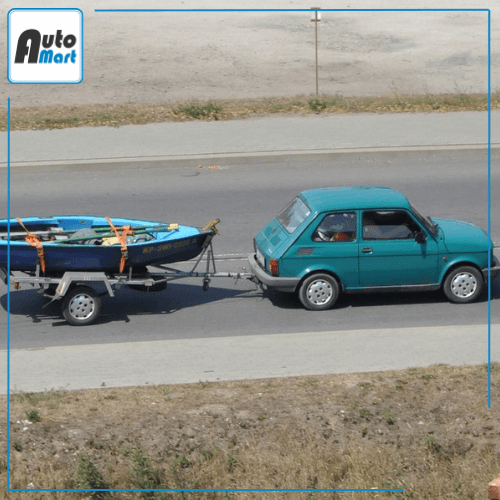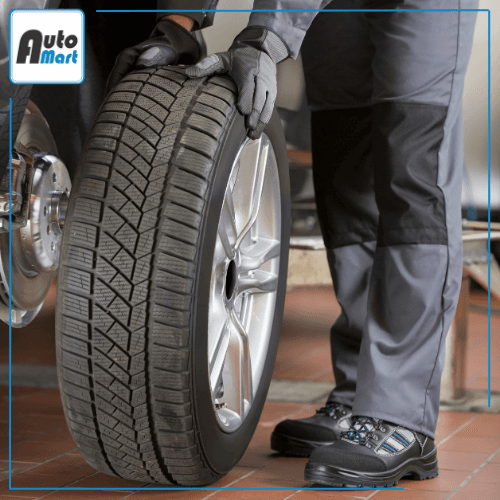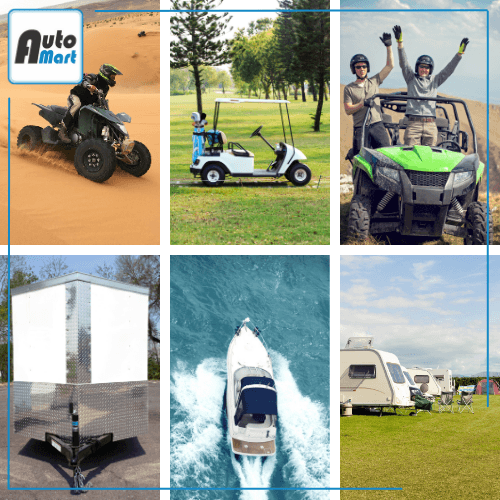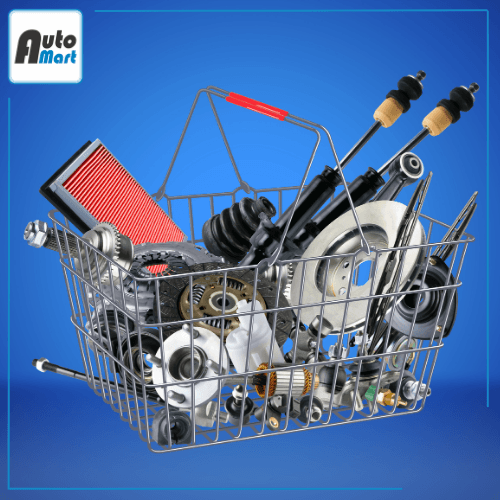Choosing the right trailer hitch for your vehicle is crucial to ensuring safe and secure towing. Whether you're planning to tow a small trailer, a boat, or a larger RV, selecting the appropriate trailer hitch is essential. Get the best cars for sale listed on Auto Mart at reasonable prices. In this guide, we will walk you through the process of selecting the perfect trailer hitch for your car. By following these steps, you'll be well-equipped to make an informed decision, ensuring a smooth and hassle-free towing experience.
 Image by garygee from Pixabay
Image by garygee from Pixabay
Easy steps to choosing the right trailer hitch for your vehicle
When it comes to choosing the right trailer hitch for your vehicle, there are several factors to consider. From understanding your vehicle's towing capacity to determining the hitch class and receiver size, each step plays a vital role in selecting the perfect trailer hitch. By following the tips outlined in this guide, you can confidently navigate the process and make the right choice for your towing needs.
Step 1: Know your vehicle's towing capacity.
Before diving into the world of trailer hitches, it's crucial to determine your vehicle's towing capacity. Check your vehicle's owner's manual or consult the manufacturer's specifications to find this information. The towing capacity will dictate the type and class of hitch you can use. By exceeding the capacity, this can lead to dangerous situations on the road, compromising your safety and the well-being of other drivers.
Step 2: Determine the hitch class.
Trailer hitches are classified into different categories based on their weight-carrying capacity. In South Africa, the most common hitch classes are Class I, II, III, IV, and V. Each class has a specific weight range it can handle. It's important to choose a hitch class that is suitable for your vehicle's towing capacity. Selecting the wrong class can lead to instability and potential damage to your vehicle or trailer.
 Photo by Siggy Nowak from Pixabay
Photo by Siggy Nowak from Pixabay
Step 3: Consider your towing needs.
Understanding your towing requirements is crucial to selecting the right trailer hitch. Consider the type of towing you plan to do. Will you be towing a small trailer, a boat, or a larger RV? Different trailers have varying tongue weights and sizes. Tongue weight refers to the downward force exerted on the hitch ball by the trailer's coupler. Knowing the maximum weight you'll be towing and the type of trailer hitch receiver you need will help you make an informed decision.
Read: Tips on how to tow your trailer safely
Step 4: Understand hitch terminology.
To make an educated choice, familiarise yourself with common hitch terminology. Key terms to understand include tongue weight, gross trailer weight, and weight distribution. Tongue weight refers to the downward force exerted on the hitch ball by the trailer's coupler. The gross trailer weight is the total weight of the loaded trailer. Weight distribution refers to the equal distribution of weight between the trailer and the towing vehicle. Understanding these terms will help you select a hitch that can handle the specific requirements of your towing setup.
Step 5: Measure the hitch receiver's size.
Check the size of your vehicle's hitch receiver. The most common sizes are 1.25 inches and 2 inches. It's essential to ensure the hitch you select matches the receiver's size. Some vehicles may require a hitch adapter if the receiver size is different. Using the correct size ensures a secure and stable connection between your vehicle and the trailer, preventing any accidents or mishaps on the road.
 Image by Kris from Pixabay
Image by Kris from Pixabay
Step 6: Consider additional features.
Depending on your towing needs, you may want to consider additional features for your trailer hitch. For added security, a hitch lock can deter theft and keep your trailer firmly attached to your vehicle. If you need better clearance, a hitch extension can provide the necessary space between your vehicle and the trailer. Additionally, for towing heavier loads, a weight distribution system can help distribute the weight evenly across all axles, improving stability and control while towing.
Step 7: Consult with experts
If you're still unsure about choosing the right trailer hitch for your vehicle, it's always a good idea to consult with experts. Visit an auto parts store, a trailer dealership, or seek advice from a qualified mechanic. These professionals have the knowledge and experience to guide you based on your vehicle's specifications and towing requirements. They can recommend the most suitable trailer hitch options that align with your needs and budget.
In conclusion, choosing the right trailer hitch for your vehicle is crucial for safe and secure towing. By considering your vehicle's towing capacity, hitch class, receiver size, and key hitch terminology, you can make an informed decision. Remember to measure the hitch receiver size accurately and consider any additional features that may enhance your towing setup. Consulting with experts when needed can provide valuable guidance and ensure a smooth towing experience. Find wide range of vehicles for sale on Auto Mart at affordable rates.





